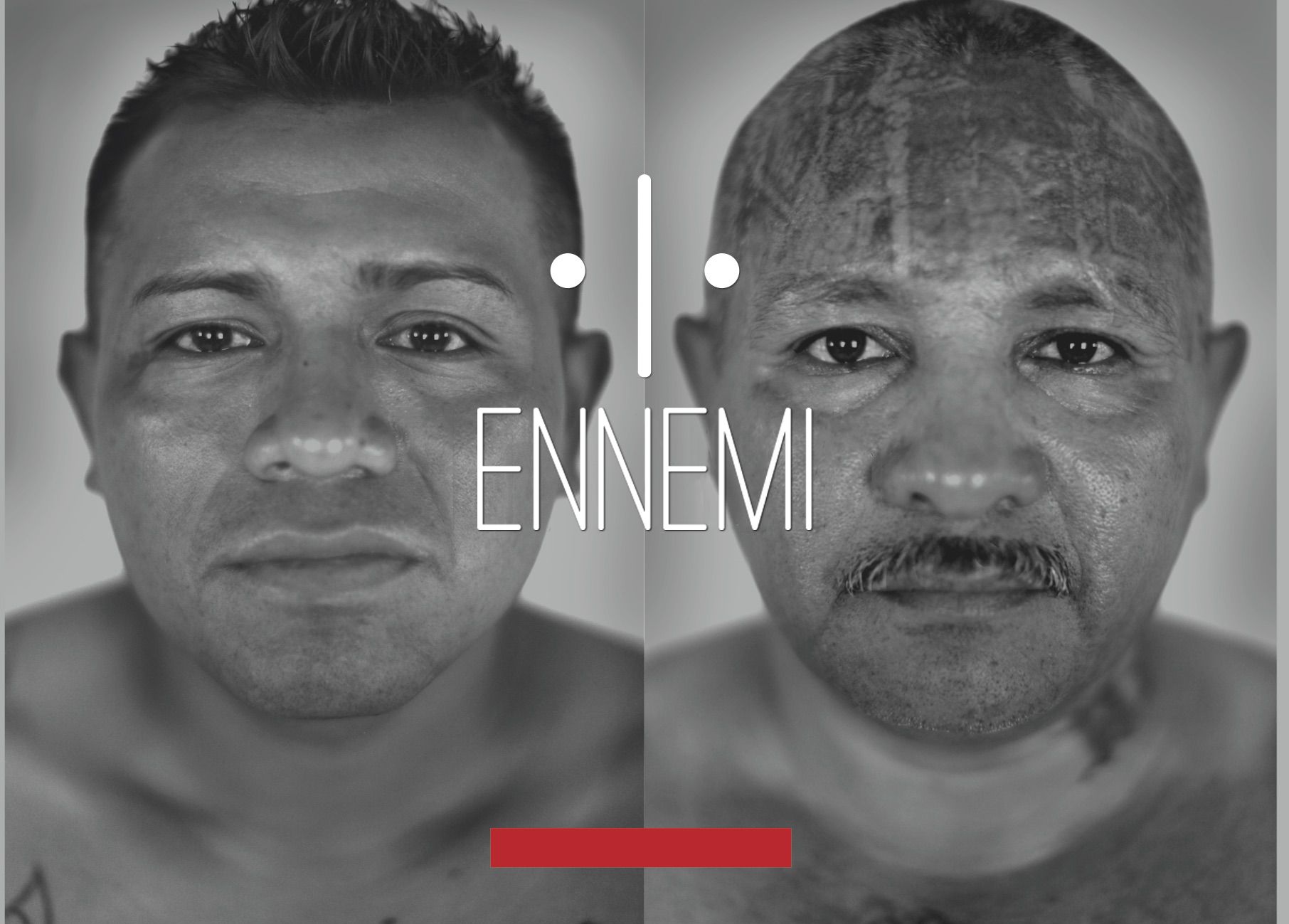Journalist Karim Ben Khelifa’s virtual reality experience challenges perceptions of war
War correspondent and photojournalist Karim Ben Khelifa spent two decades travelling through conflict zones to “understand why we fight, why we kill and the circumstances that make us able to do so.” Five years ago, Khelifa had an idea. He wanted to share the stories of the fighters he met in conflict zones through a new form of storytelling: virtual reality. “As a journalist, my goal is to put you in my shoes,” Khelifa said.
He pitched this idea to Camera Lucida Productions, an augmented reality (AR) and virtual reality (VR) company in France. “[Khelifa] wanted to find a new medium instead of photography,” said Chloé Jarry, an executive producer at Camera Lucida Productions. “The medium of photography was limited in its impact—he felt that it didn’t correspond to his expectations.”
Khelifa’s idea developed into a VR installation that took five years to finalize with the help of Camera Lucida Productions, France TV and the National Film Board of Canada, as well as Dpt., a Montreal digital studio, and the VR company Emissive. “We all got together for a big co-production for the project to be as it is today,” Jarry said.
Until March 10, Montrealers will be able to experience this VR installation, called The Enemy, at the Phi Centre. The Enemy explores the stories of six combatants in three different conflict zones around the world: the civil war in the Democratic Republic of the Congo, the gang wars in El Salvador and the Israel-Palestine conflict.
Before beginning the experience, participants are required to fill out a questionnaire about their views on war and their perceptions of those three conflicts. Then, you enter a secluded room, strap on a backpack, adjust your VR goggles and immerse yourself in the experiences of these six men. There are three separate rooms, each dedicated to one of the three conflict zones. In each room, you meet a combatant from opposite sides of the conflict. You hear two different perspectives of the same war.
“In listening to these men, you become a link in the long human chain seeking new perspectives. By engaging in the experience, you become both a participant and a witness,” Khelifa said.
You listen as Khelifa asks these men: What is violence? What is peace? What is your dream? Although both men in each room are enemies, their answers are similar. They value peace and family. “My dream, and what I long for, is to spend more time with my family, to see my daughter and grandkids together as a family,” said Jorge Alberto, one of the six men in The Enemy and a gang leader in El Salvador.
According to Khelifa, it was difficult for these fighters to answer many of his questions. “My goal was to touch the guy in a way for him to reveal part of his humanity,” he said.
Khelifa explained that his intent was to show each man the humanity of their enemy, since conflict tends to erase that understanding. “It becomes very interesting to see the reaction,” he said.
Hélène Adamo, a project manager for Camera Lucida Productions, experienced The Enemy during several test runs. “I could do it with my eyes closed,” she said with a laugh. However, it wasn’t until she actually answered the questionnaire about war and experienced the VR as a participant, rather than a tester, that she truly felt the emotions embedded in the installation. “I lost notion of time, space,” Adamo said. “During this experience, I met these people and, that, you cannot forget.”
The Enemy also exposes the stereotypes and biases held by the VR participants themselves. For example, as they stand between the men on either side of the conflict, participants must make the choice of whose story to listen to first. “This [choice] is based on you—your fears, your curiosity and your appetite for learning,” Khelifa said.
He added that the purpose of The Enemy is for participants to focus on the stories of the combatants. “I didn’t want to bring you to Gaza or to Israel,” Khelifa said. “I really wanted you to focus on the person, on the human beings, and discover for yourself.”
Through this project, Khelifa said he hopes people will be more considerate of one another. “If you are at war, and if you are part of these conflicts, the goal is to reconsider your enemy and think that he is more similar [to you] than you think,” he said.
Photos courtesy of Phi Centre
